Freedom of speech
Filter by...
-

Twitter Has a New Owner. Here’s What He Should Do
Elon Musk’s purchase of Twitter highlights the risks to human rights and personal safety when any single person has complete control over policies affecting almost 400 million users. And in this case, that person has repeatedly demonstrated that they do not understand the realities of platform policy at scale.
Read more
-

The Domino Effect of Internet Blocking in Romania
The Council of the European Union’s decision, which came out on 1 March, to block access to the media outlets Russia Today (RT) and Sputnik, looking to stop the spread of disinformation, set forth a domino effect in Romania for internet blocking.
Read more
-

Propaganda cannot be silenced with censorship, freedom of expression can
By order of all governments in the European Union, internet providers and platforms are blocking access to Russian state media. However, European governments would do better to stimulate the independent media in both Russia and Ukraine.
Read more
-

The Online Safety Bill: punishing victims
The government has today announced two new regressive and unworkable additions to the Online Safety Bill. With each new announcement, the Bill demonstrates itself to make the online world less safe for the people it claims to protect, particularly LGBTQ+, survivors of abuse and ethnic minorities.
Read more
-
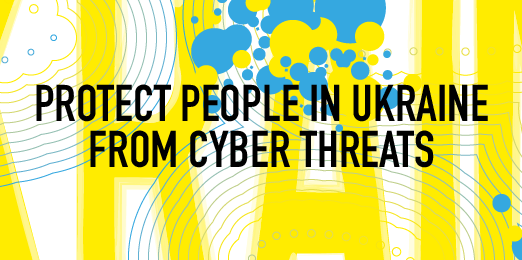
Cyberattacks on Ukraine’s infrastructure and civil society violate human rights
Alongside Russia’s eight years of armed aggression against Ukraine and its ongoing threats of large-scale invasion, cyberattacks on Ukraine’s critical infrastructure and civilian services are putting people’s human rights at risk. We call on the international community to provide the necessary support to Ukraine and its human rights defenders to ensure people are protected from cyber threats.
Read more
-

Transposition of the Copyright Directive in Spain
The transposition of the Copyright Directive in Spain has been done with no Parliament debate. While the political parties could ask for it, they will likely not do so for fear of conflicting with certain famous artists from the copyright lobby, who are lobbying for an extreme position on copyrights.
Read more
-
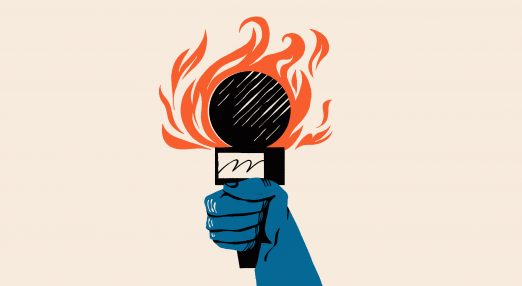
European Parliament confirms new online censorship powers
EU regulation against ‘terrorist’ content online (TERREG) was approved without a final vote by the European Parliament on April 29th. The regulation will harm our ability to freely express ourselves and access information online.
Read more
-
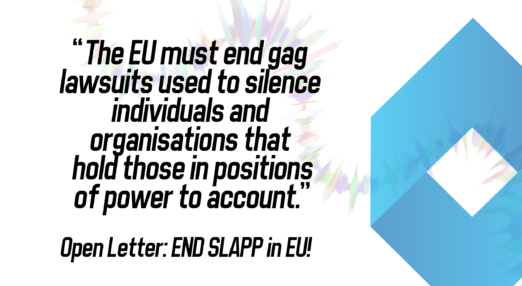
Open Letter: ending gag lawsuits in Europe – protecting democracy and fundamental rights
The European Digital Rights network joined 118 civil society organisations from across the globe in signing an open letter (the latest act of a longstanding movement) addressing the need to end gag lawsuits that threaten the public interest by allowing powerful actors to silence those that would speak against them.
Read more
-
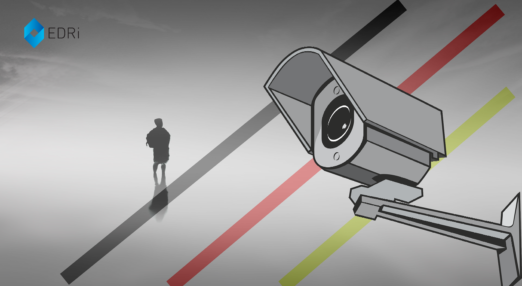
German Constitutional Court stops mass surveillance abroad
The German Federal Intelligence Service (BND) has so far been able to spy on foreign citizens abroad en masse and without cause—even on sensitive groups such as journalists.
Read more
-
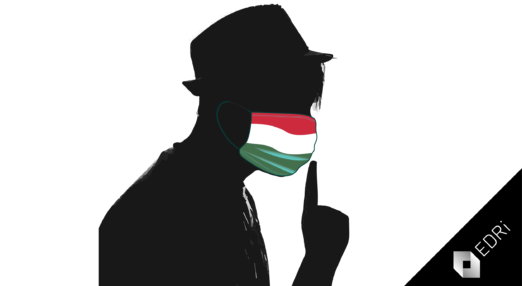
Hungary: “Opinion police” regulate Facebook commentaries
There have been a number of critical news reports from around the world stating that Hungary’s COVID-19 state-of-emergency legislation is “creating a chilling effect”. Such headlines miss the mark somewhat, as chilling effects are far from new.
Read more
-
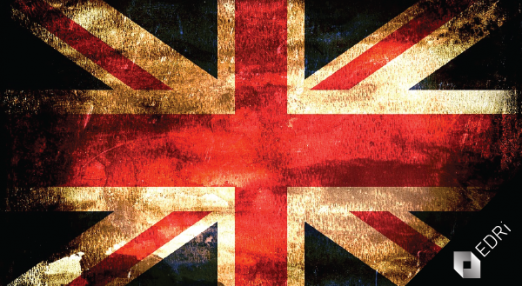
New UK counter-terrorism law limits online freedoms
The Counter-Terrorism and Border Security Act 2019 became law in the United Kingdom (UK) in February, after passing through UK parliament with less debate than many had hoped, while Brexit dominated the political agenda. The new law is problematic in many ways, including the way in which it limits freedom of expression and access to […]
Read more
-
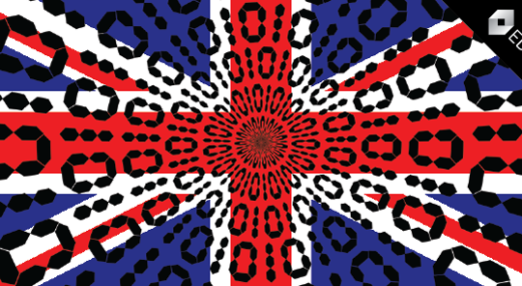
UK counter-terrorism law would restrict freedom of expression
Freedom of expression campaigners, human rights groups and legal experts are raising concerns that proposed new counter-terrorism legislation in the United Kingdom would restrict freedom of expression and limit access to information online.
Read more
